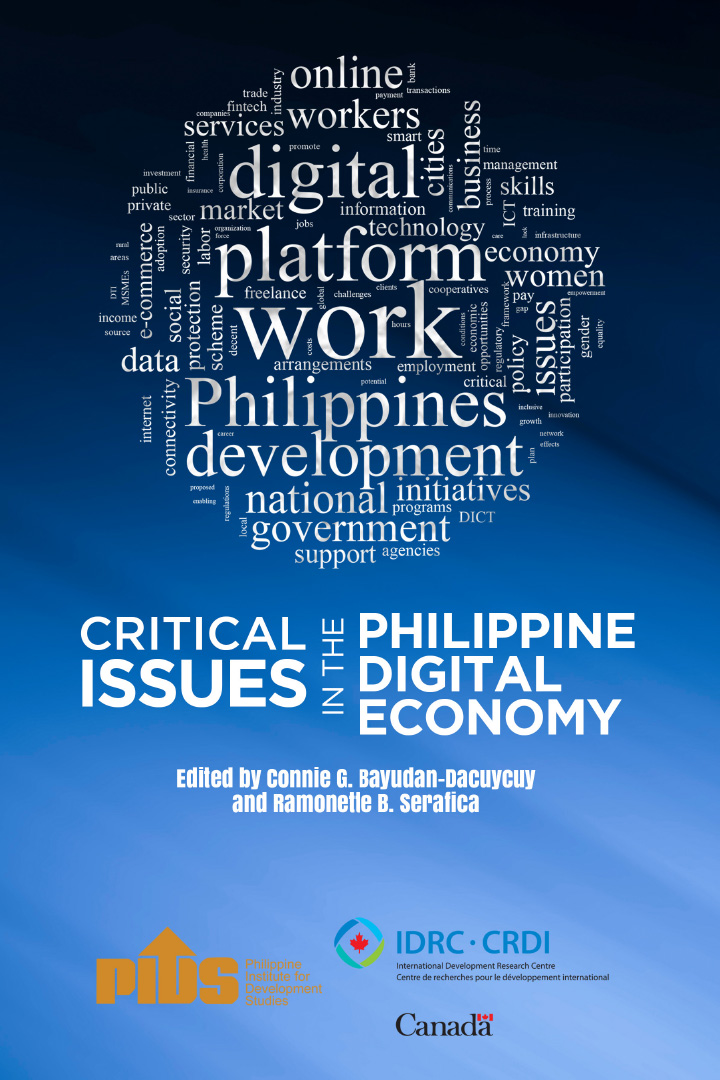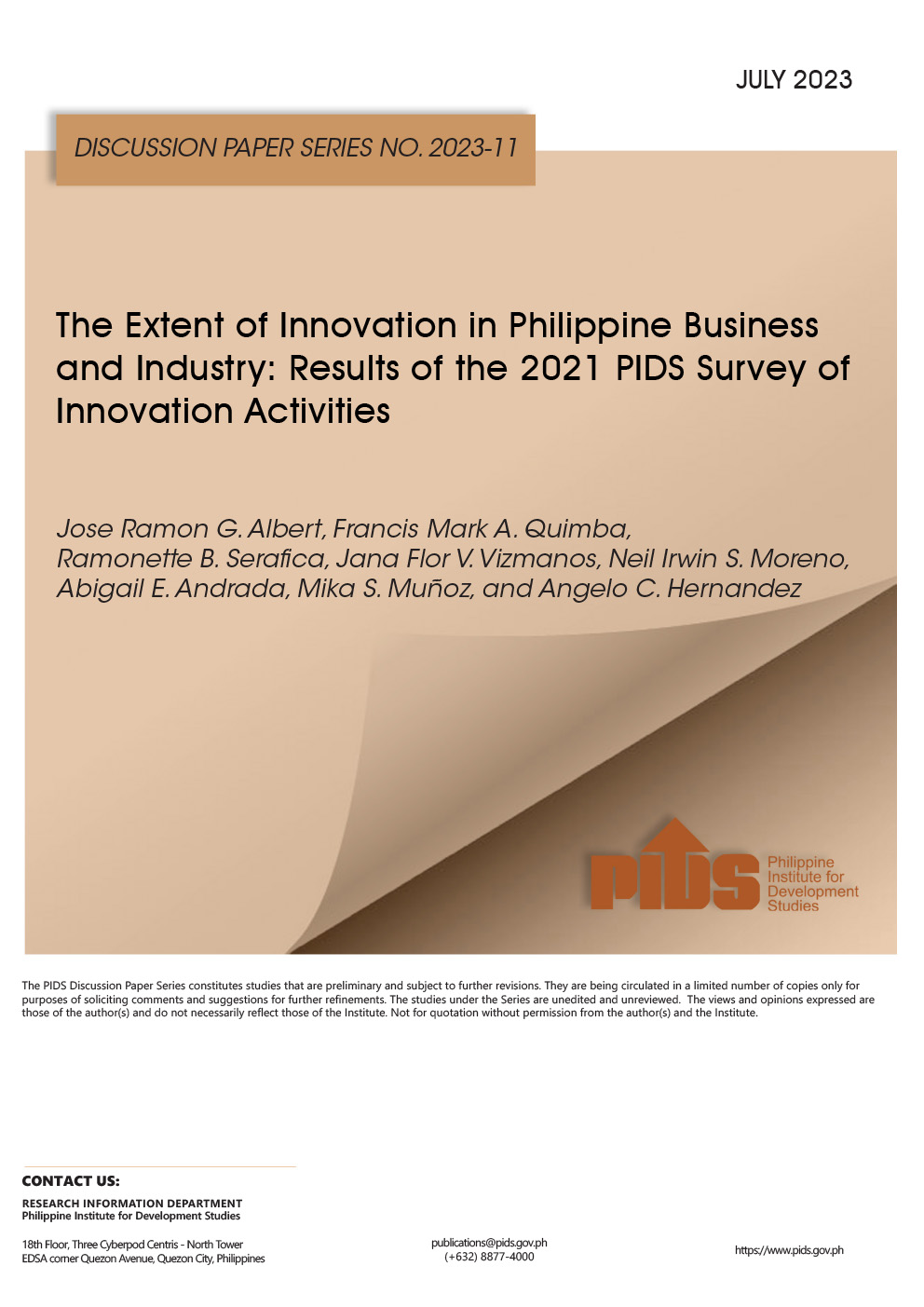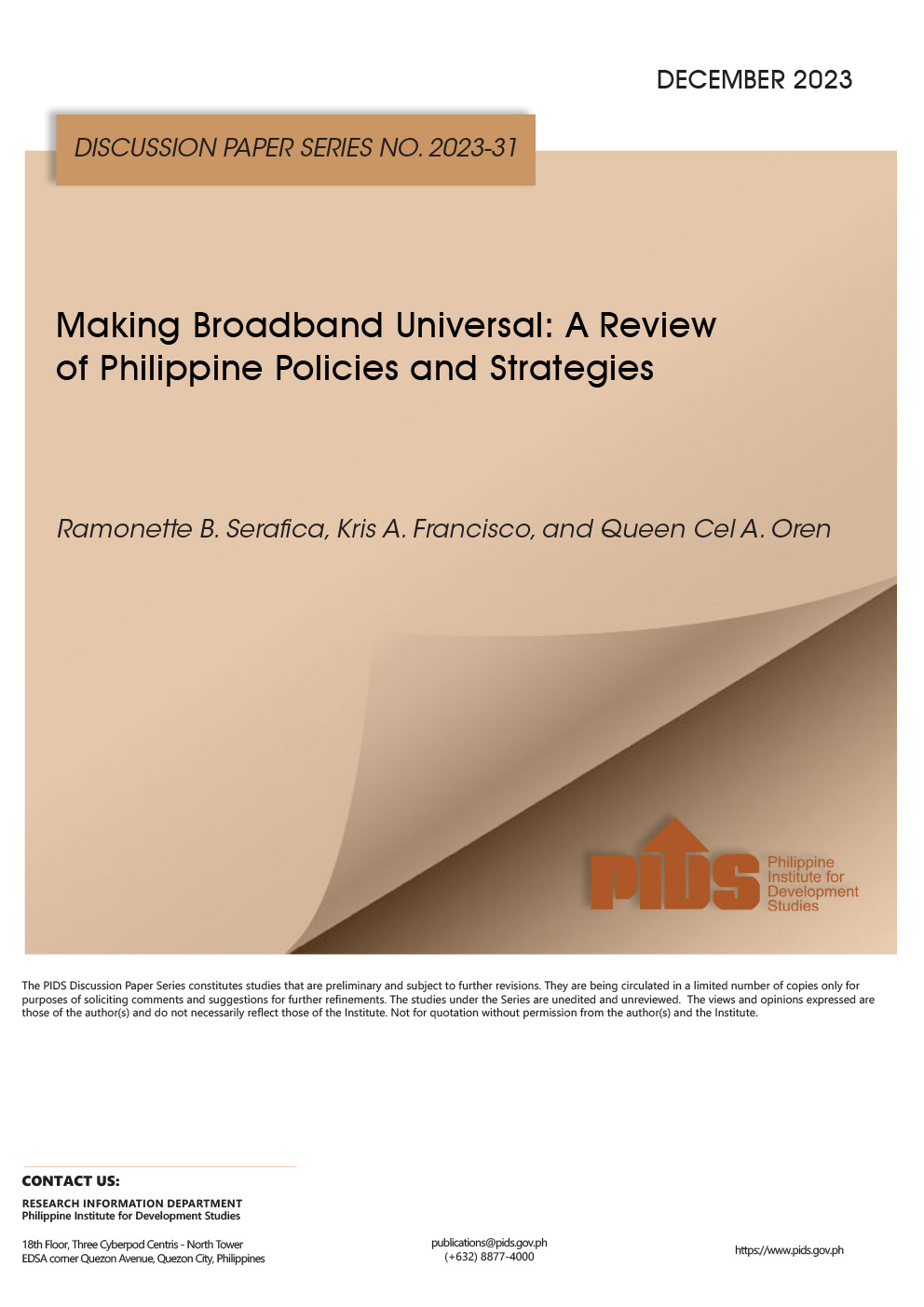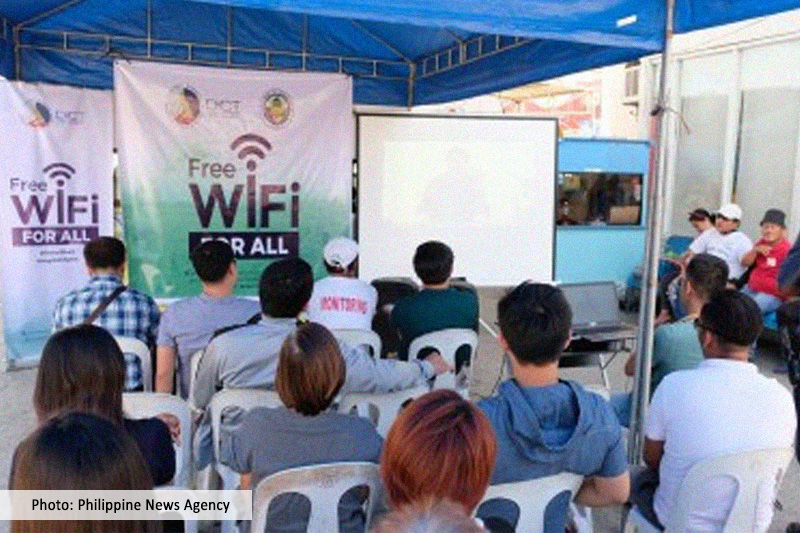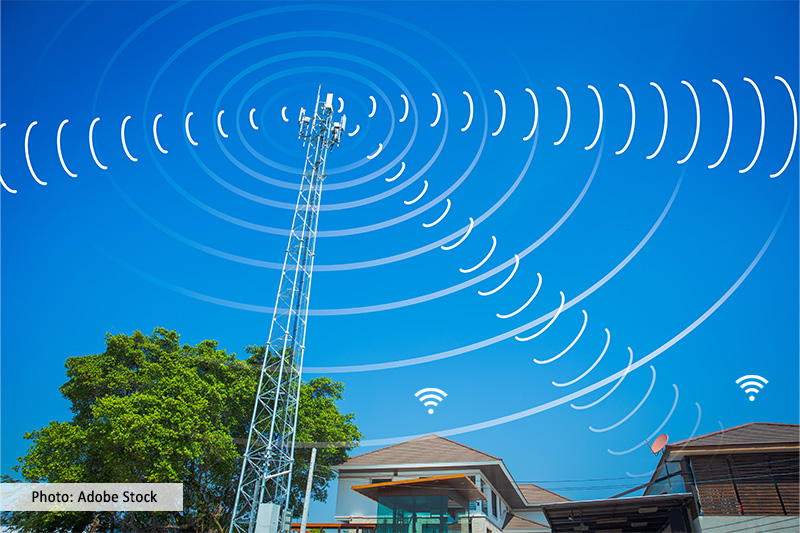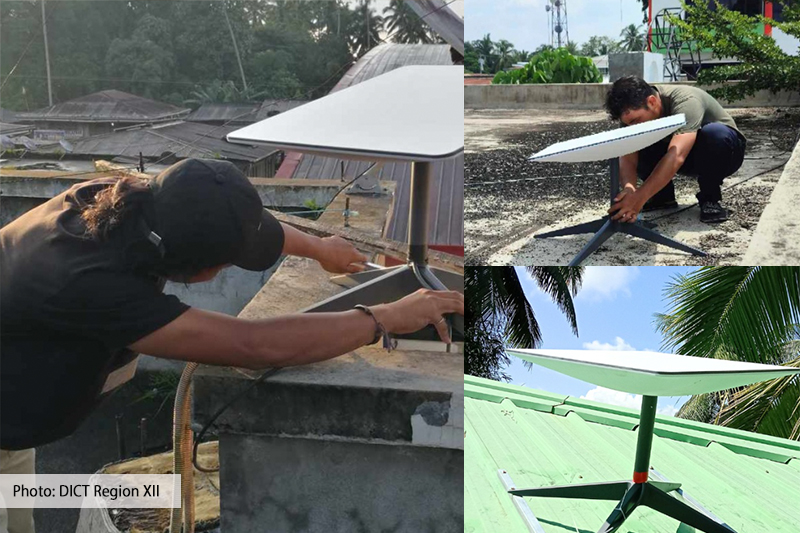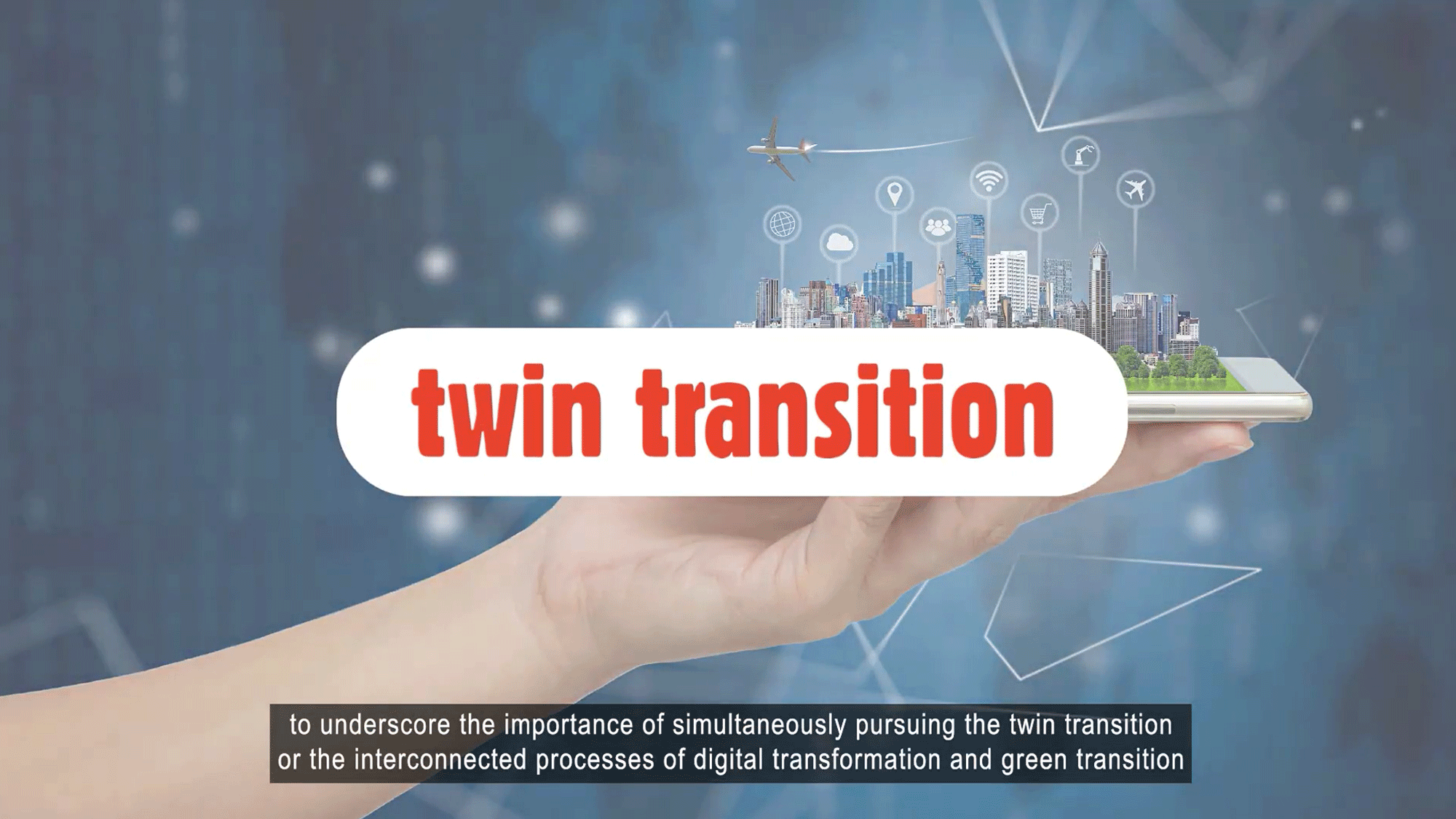Across different metrics, the Philippines continues to demonstrate subpar performance in information and communications technology (ICT) compared to other members of the Association of Southeast Asian Nations and countries at the same level of development. The quality of the country’s ICT regulatory environment, composed of regulatory authority, regulatory mandate, regulatory regime, and competition model, is significantly below what is considered international best practice, consequently impeding the use of various technological solutions available to bridge the gap in digital inequality. Although significant policy changes have recently been introduced, more reforms are needed to achieve inclusive and accelerated digital connectivity. Priorities include reforming the licensing regime, formulating a spectrum policy and plan, and reinventing the National Telecommunications Commission to ensure regulatory independence.


